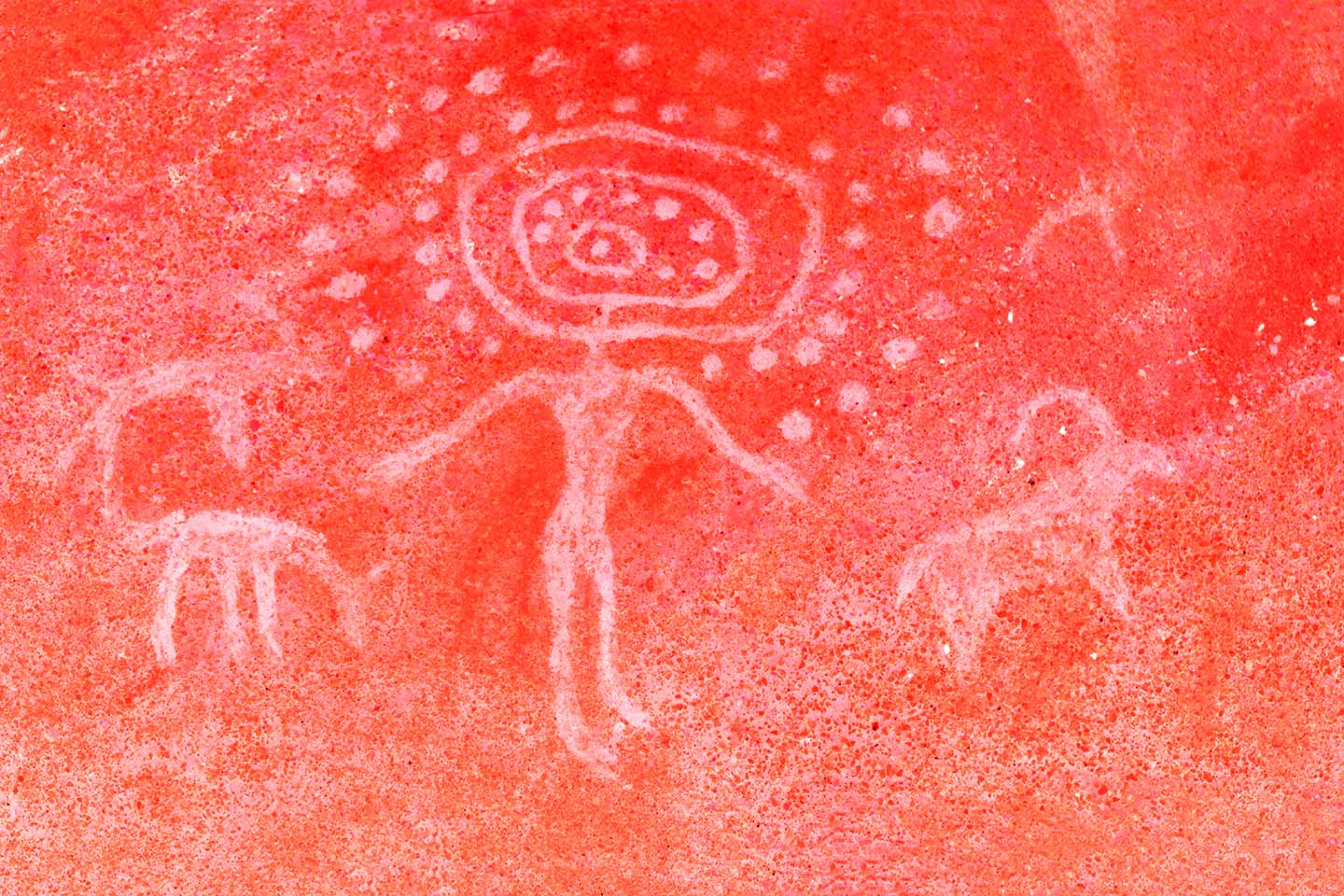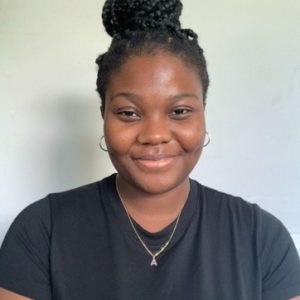I show you how I do, how I why, and how I be. I let my emotions move me to tears, and my passions drive me to greatness, for I know that greatness is just over the edge of defeat, and I grow through what I go through because defeat is just a part of the game I’ve signed up for here. I don’t deposit excuses.
I’ve been shaped by tough problems and messy times. Solving problems that matter are messy. Transformation is never clean. Some may underestimate, underappreciate, some may call me unpoised and unpolished, but may they less forget that rubies were built under pressure, and I am a gem of the highest kind.
So I’ll take your Hail Mary passes because any given Sunday was made for a heart like mine. For the heart of an underdog is the heart of hope. I may bend, but I never break. So consider this my humble brag long overdue, for I never show up to make little plans.
For my difference is that I never split the difference. I invented. Your invitation, your invitation to own your narrative, your invitation to be seen and help others feel seen, your invitation awaits.
Excerpt from the poem, manifesto and prayer “Chicago,” written by Elena Valentine.
I had to ask myself if I was ready to accept the invitation to step from the shadows and tell stories.
This invitation represented more than I bargained for, but it was necessary. It’s necessary for all of us who are storytellers. Whether through the written word, graphics or video, it’s up to us to show the story.
We became storytellers for a reason. And the biggest reason was to own our narratives and build the space for others to do the same. I forgot that for a while, but the invitation extended by Elena Valentine, CEO and co-founder of Skill Scout, a public speaker and storyteller extraordinaire, helped me remember the why.
Elena’s passion for storytelling has helped countless people learn to trust their own narratives and bring them to life. Her mission is to highlight and extend an invitation to companies and people to own their stories.
So, are you willing to accept the invitation?
A Childhood Memory
“I asked little Elena, ‘When was the moment you first felt video in motion, video in soul motion?’ What was that feeling? Where did that come from? What was my first interaction, my first moment where I knew that I was in deep soul motion from something that I saw on film or TV?” Elena shared in her keynote.
It all started with Nickelodeon. “To this day, I don’t think that there is a network who had me so captivated from morning till night,” she says.
And as a fellow Nickelodeon kid, I can’t agree more.
The network was known for never shying away from what some people would consider difficult topics for kids. Nick operated on the fact that it was tough to be a kid, and it is one of the only networks for kids that has always told it like it is. Elena noticed that “they didn’t move in fear, they moved with love,” especially when Magic Johnson decided to share his news of being HIV-positive on Nickelodeon and connected with then-7-year-old Hydeia Broadbent.
In moments like this, the network highlighted the experience that many kids share — feeling like an outsider among others. The network showed Elena that every narrative deserved to be heard and, more importantly, seen.
As a kid, be it the bullies at home or the pressure I felt to be a big, tough sister, deep down, I needed to understand that even the tough ones could break, and that was OK. And that was what actually was pretty special about Nickelodeon. It was the idea that they even ensured that the bullies had feelings, too, and that bullies could even open themselves up, that bullies had stories, that the tough ones had stories. And that meant a lot to me to know that.
Nickelodeon gave Elena her first taste of what video in soul motion is. And as she moved through life, she learned why the story is important—and why the storyteller is, too.
Reflection: Memorable Mentors
One of Elena’s favorite questions while interviewing a person is, “Who is a memorable mentor to you?” For most people looking at that memory, you might not realize the weight that it can hold. It’s a simple question, but it has enormous meaning.
This question ignites a level of emotion in people that helps the interviewer, watcher, or reader get closer to a person’s why and how. They reveal why they are who they are, why being a storyteller is important to them and how these mentors helped them own their stories.
Take a moment to reflect on your most memorable mentor; it was my college adviser for me. Elena shared hers:
Chris Conley
Elena affectionately refers to Chris as her professional godfather and the force that has helped her be where she is today. “My blueprint for what it means to be a servant leader, my blueprint for understanding what it means to be a people of people for people, has everything to do with Chris Conley.”
Paula Froehle
Elena credits Paula with showing her that the stories they capture can drive real change. Still, it’s not just about who is in front of the camera but also who’s behind it. “If you want to change the story, you have to change the storyteller. My mentorship with Paula has really helped me to kind of understand how we play a role as storytellers in how this gets done and the impact that gets shared. And asking ourselves questions like, ‘Am I the right person to tell this story? How do we use stories, a tool to drive social change?”
Mentors can help open us up to learning new things and challenge us to take our ideas and stories further than we initially thought.
May You Feel Seen
“You cannot be what you cannot see.” Our jobs as storytellers are more than just putting the story out there. Our job is to hold a sacred space for the stories of the people we tell in front of and behind the lens.
We own our narratives so that others have the space to share and hold their stories. Skill Scout’s manifesto is, “We exist to capture the humanity of work through the stories that matter.” Elena and her team’s soul intends to connect workers with the world through storytelling. They are helping workers feel seen—the true intent of storytelling.
“We spend half of our days at work. All of us here, representing organizations or businesses, we spend over half of our lives at work. Yet, we’ve somehow, unfortunately, made everyone feel that all of the expectation is that we have to show up a different way. That all of our healing, and all of our dramas, traumas and fears, they have to stay at home,” Elena says.
Storyteller to storyteller, we need to hold space for each other. Storytelling is healing work, and that is what we do with every piece of content that we create. Having the courage to share your own narrative helps encourage others to share and stand by their stories.
So, I ask you again. Are you willing to accept the invitation?






